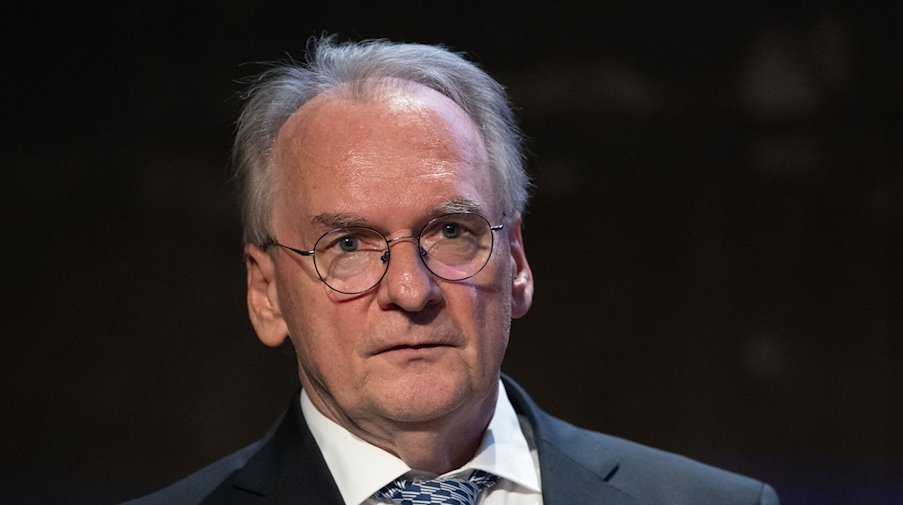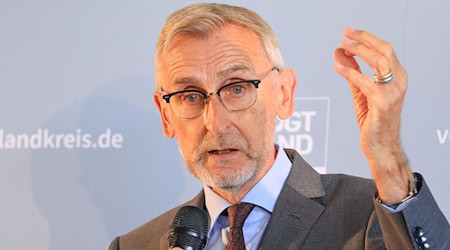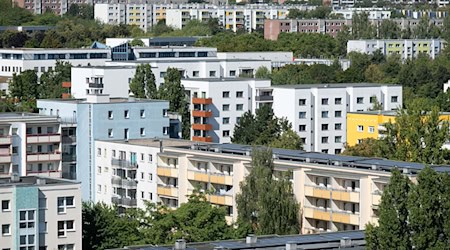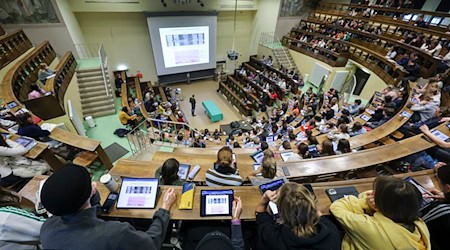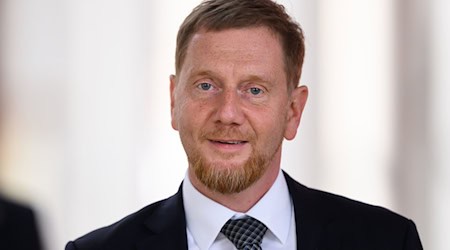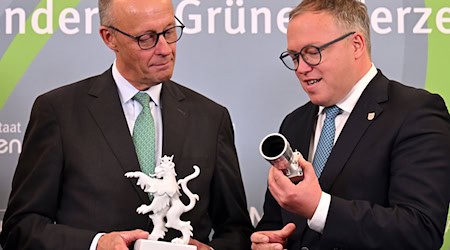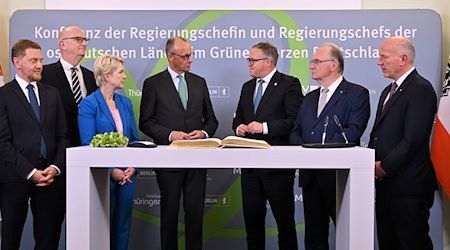Saxony-Anhalt Minister President Reiner Haseloff is calling for better infrastructure links between the new federal states and Berlin and Eastern Europe. "For example, it is unacceptable for air traffic to focus primarily on Frankfurt and Munich. There must be more direct international connections from Berlin," the CDU politician told the German Press Agency. The head of government will take over the chairmanship of Saxony's Conference of Eastern Minister Presidents on December 1.
Haseloff is also pushing for improvements to the railroads. "Cities such as Dresden and Magdeburg must be better connected to Berlin by rail," he said. Politicians from several parties had recently called for better integration into the ICE network, particularly in the wake of the planned relocation of the US chip manufacturer Intel to the state capital of Saxony-Anhalt.
In addition to transport policy, Haseloff also wants to focus on the demographic challenges facing the east. "The tree of life is upside down, and that will not change in the next few years," he said. The demographic forecast for the east is unfavorable.
This is noticeable in the healthcare sector, among other things. Many doctors will retire by 2030. "If we stick to current regulations, we will not be able to overcome certain demographic problems. The eastern states need more freedom in the allocation of study places," demanded Haseloff.
The allocation of study places for restricted-admission courses such as medicine is regulated nationwide. In Saxony-Anhalt, there is criticism that many young people from other parts of Germany come to the state to study and then leave again after graduating.
Haseloff is calling for a change to the state treaty concluded by all states. "It must be possible for more study places in medicine, for example, to be allocated to children from the federal states. In this way, we can better retain young people with close ties to the region in order to combat the shortage of doctors." Increasing the number of study places alone would not help to remedy the shortage of specialists.
Copyright 2023, dpa (www.dpa.de). All rights reserved

